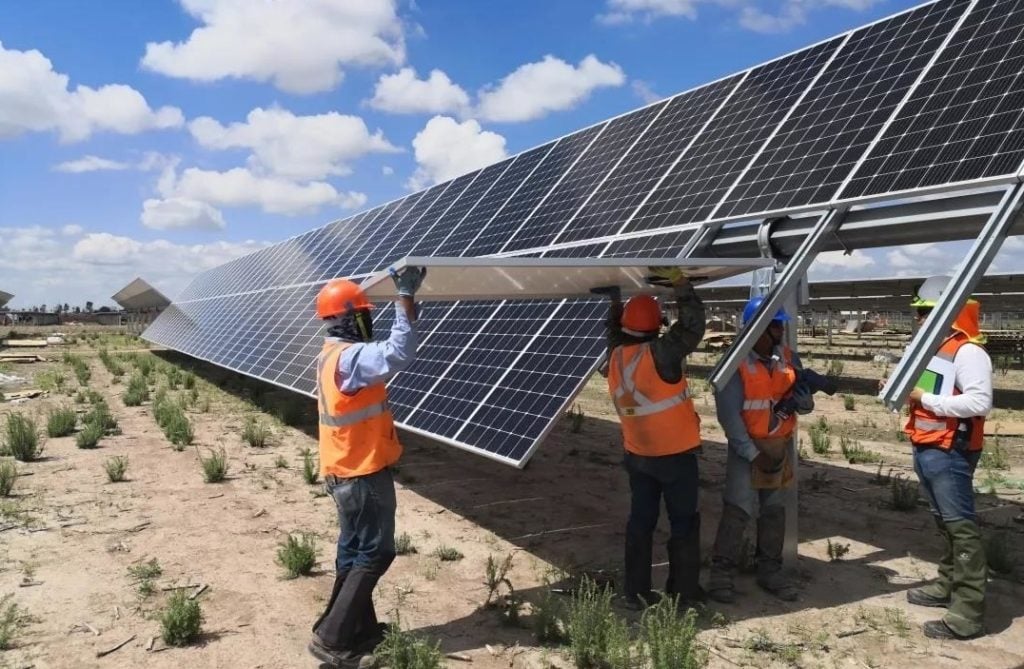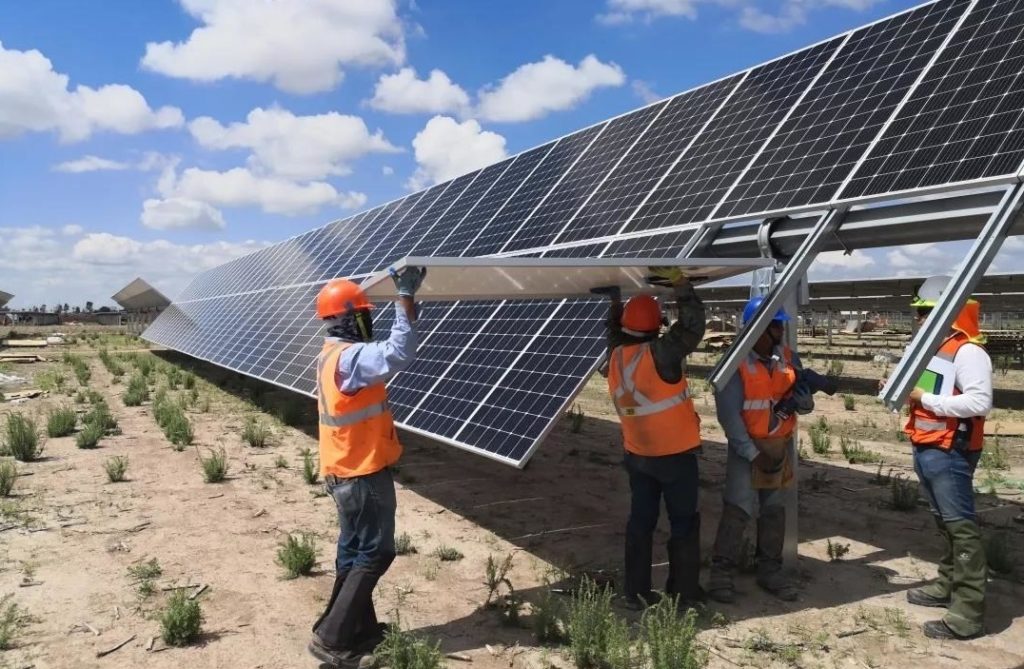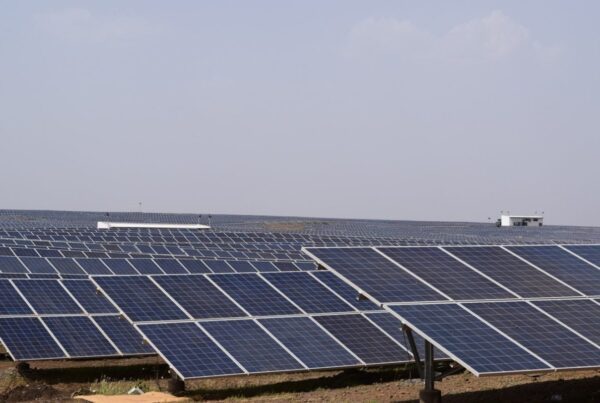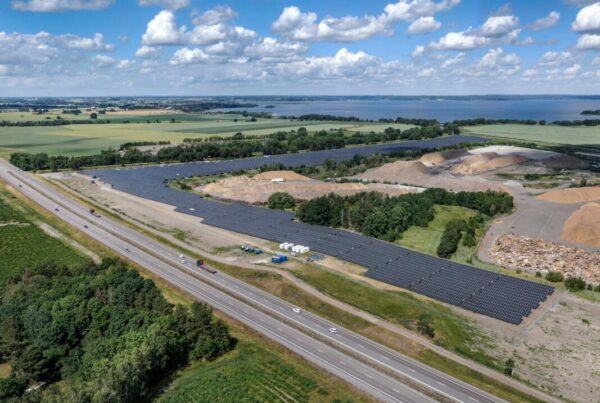
JinkoSolar, Trina Solar and Hanwha Q CELLS are among eight PV manufacturers that have been selected by the US Department of Commerce (DOC) to provide further information on their operations as part of the agency’s ongoing tariff circumvention investigation.
Two manufacturers with operations in each of Cambodia, Malaysia, Thailand and Vietnam have been requested to respond to a questionnaire covering information such as their ownership, corporate structure and production processes.
Following a petition from California-based module manufacturer Auxin Solar earlier in the year, the DOC decided in March to investigate whether solar cells and modules assembled in the four Southeast Asian countries are circumventing US anti-dumping and countervailing duty (AD/CVD) orders on cells and modules from China.
The full list of companies chosen to provide additional information include:
- Cambodia: BYD and New East Solar
- Malaysia: Hanwha Q CELLS and JinkoSolar
- Thailand: Canadian Solar and Trina Solar
- Vietnam: Boviet Solar and Vina Solar (LONGi)
Given time and resource constraints as well as the complexity of the issues expected to arise in the proceedings, the DOC said it can reasonably examine only two manufacturers with operations in each of the countries.
Because of the large number of exporters and producers, the DOC concluded that “it would not be practicable to individually examine each of them to determine whether each one is circumventing the orders”.
The eight manufacturers now have until 27 May 2022 to submit their responses, which should also include details of their parent companies and affiliates that have facilities in China that produce modules, cells, and/or polysilicon or wafers that can be used to manufacture cells.
The latest development comes after Energy Secretary Jennifer Granholm said earlier this month that she is “deeply concerned” about the US being able to move to a carbon pollution-free power sector by 2035 if the AD/CVD investigation is not resolved quickly.
According to recent research from the Solar Energy Industries Association (SEIA), the investigation will result in a drop of 24GW of planned US solar capacity in the next two years.
If the DOC does find evidence of circumvention, tariffs on cells and modules from the four Southeast Asian countries could be set at 50 – 250% and be applied retroactively, potentially coming into effect from November 2021. As a result, US-based procurement contractors have reported widespread module sourcing challenges.
“If you buy a solar panel today from one of the four affected countries, you may not know how much you owe in tariffs until months, or even years, from now,” SEIA CEO Abigail Ross Hopper said in comments published last week.
“Why would any reasonable business buy solar panels in such a risky and uncertain business environment? The fact is, they wouldn’t, and that’s why the US solar industry is grinding to a halt.”





